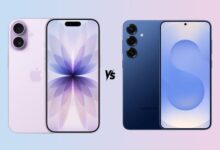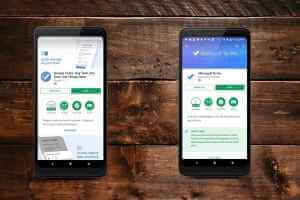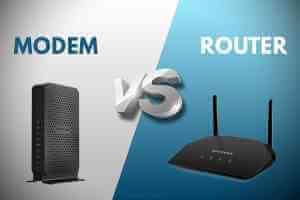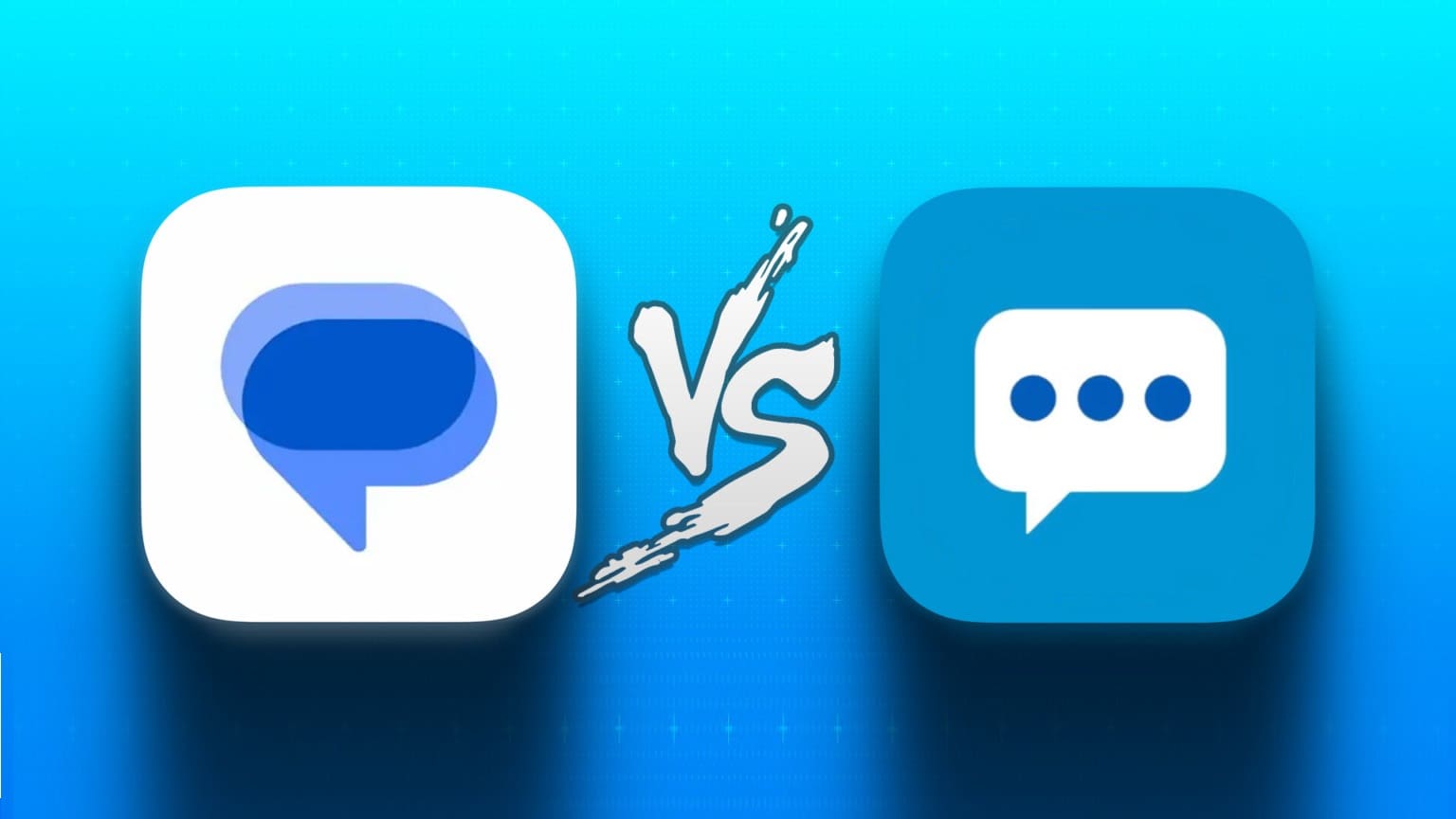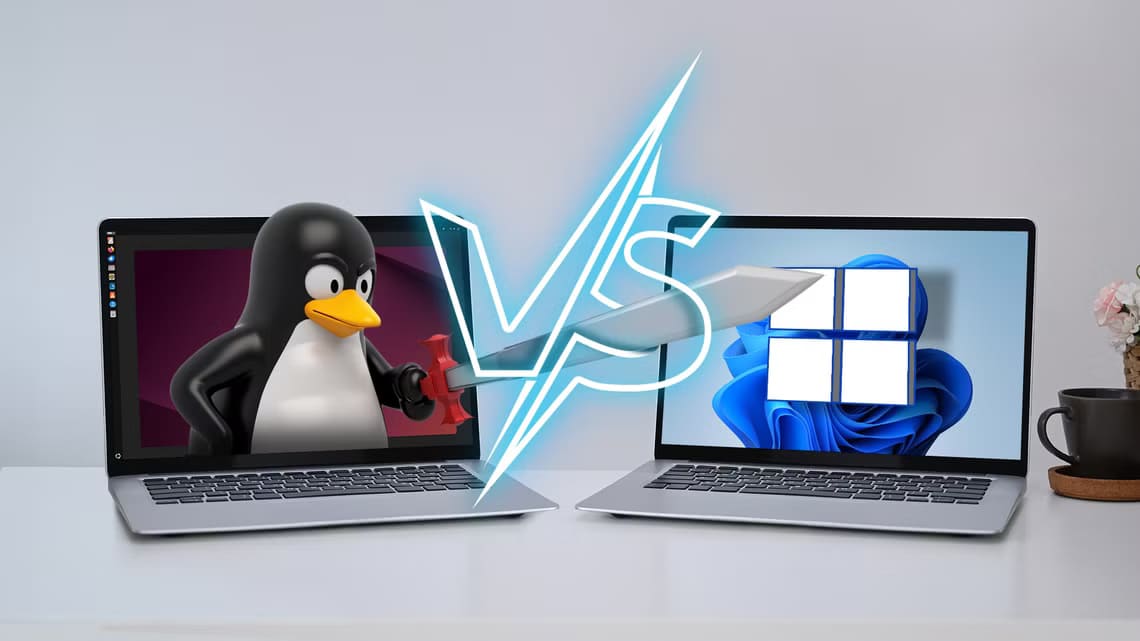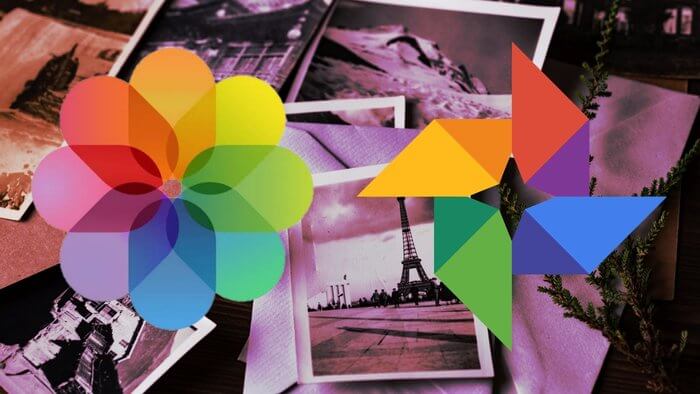Whether iPhone is better than Android or vice versa will always be a point of contention. Obviously, better is a relative term. For example, while it's widely accepted that iPhones are easier to use than Android devices, it won't seem that way when you first look at an iPhone if you've been using Android for a while. You should consider buying an iPhone for the reasons mentioned below. Also, in this article, we'll discuss which phone is easier to use: iPhone or Android. We've also shown an iPhone vs. Android camera comparison. So, read on to find out why iPhone is better than Android!
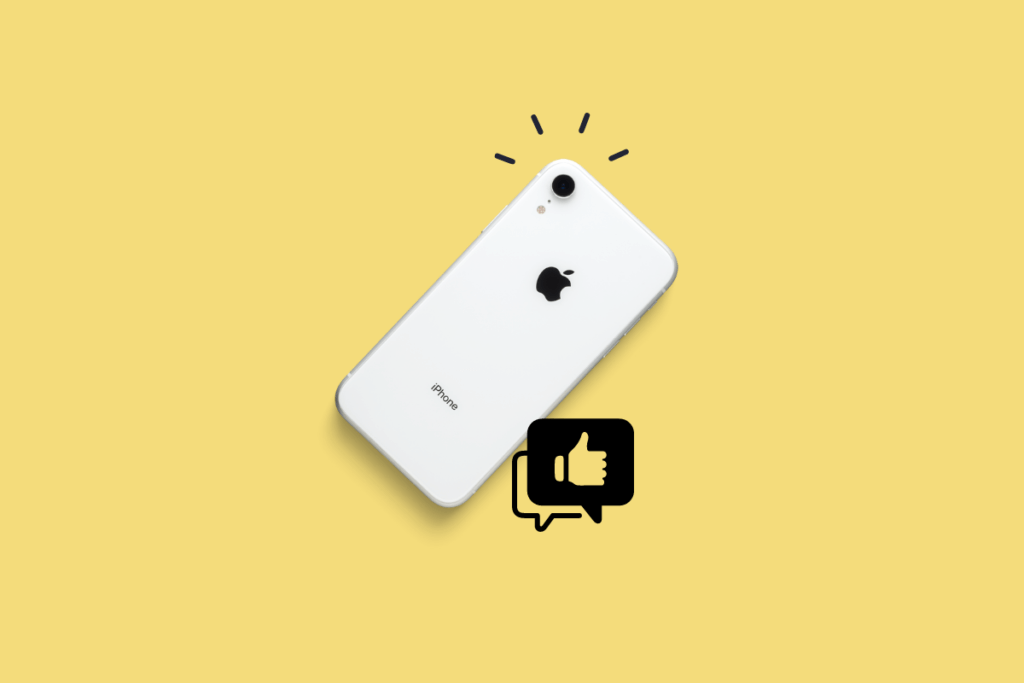
Is iPhone better than Android?
When purchasing a new phone, you have only two options: iOS or Android. Here are the reasons why you should choose an iPhone over Android:
1. Easy to use
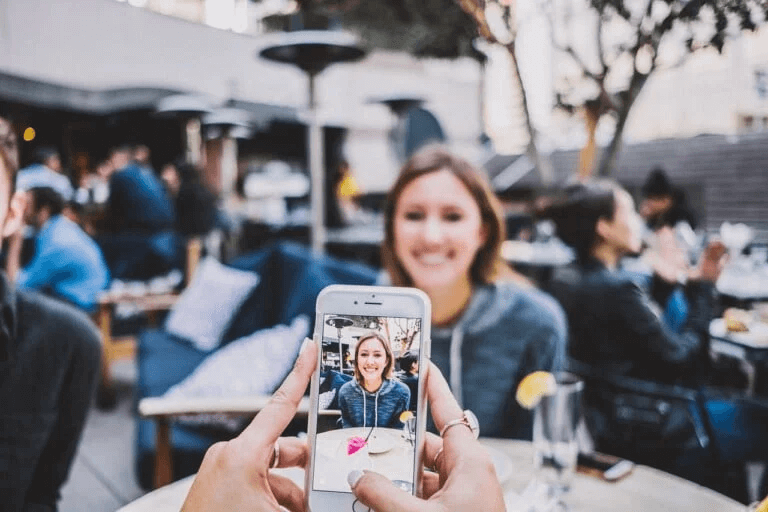
The core features of the Android operating system are more complex and confusing than those of iOS, despite the fact that Android phones can be customized and modified in many ways. An iPhone is your best option if you want a reliable, easy-to-use smartphone.
2. Faster
When it comes to memory management, iOS is more efficient than Android. Because the two operating systems are fundamentally different in their designs, an iPhone 6 with only 1GB of RAM can easily outperform an Android phone with 3GB of RAM. A process known as garbage collection runs on Android devices. This requires more battery life and memory. Android apps use the Java runtime, which is the reason for this. However, iOS was built from the ground up to be memory efficient and avoid this type of garbage collection. As a result, the iPhone uses less memory to run faster and has a battery life comparable to many Android phones with much larger batteries.
3. Security
Although Android phones are also improving in terms of security, iPhones still hold the lead, and this is the biggest factor in why iPhones are better than Android. With Touch ID and Face ID on the iPhone, Apple has always placed a premium on consumer security. Apple has an advantage over Android due to its strict app regulation and rapid update distribution capabilities across a greater number of devices. You can feel safe knowing that your personal data is not being stored or read by anyone because Apple encrypts data in iMessage and its other apps.
Especially from the App Store, Android phones are susceptible to viruses and malware. Although the Apple App Store has fewer apps than the Android Play Store, this isn't the most important aspect of the App Store. Apple is extremely cautious about which app developers are allowed access to the so-called Apple ecosystem, a network of hardware, software, and developers. Malicious apps will never be available on the App Store.
4.ApplePay
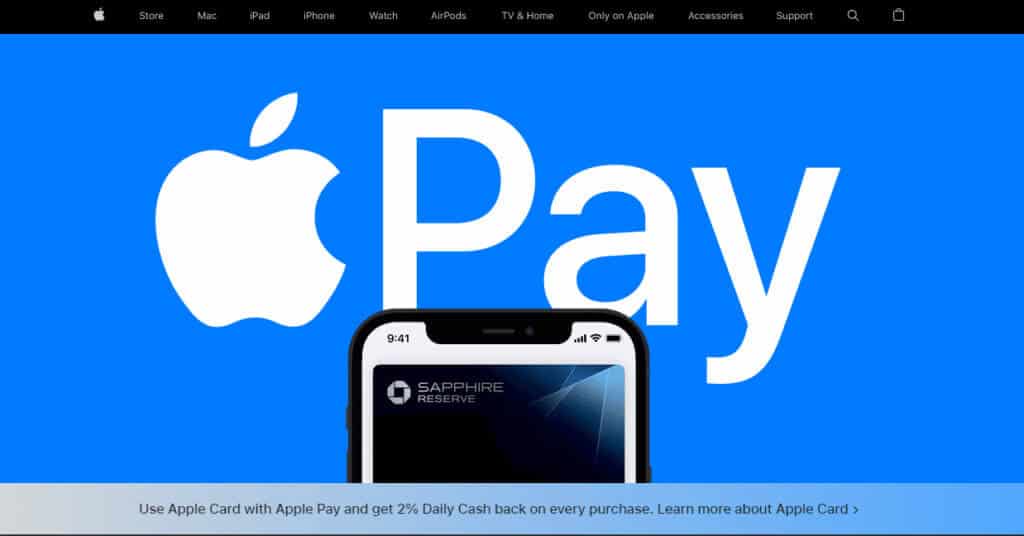
With this feature, people can more easily use the NFC chip built into their iOS devices to pay for goods and services using their iPhones in physical stores. On devices running iOS 10 or macOS Sierra or later, Apple Pay is also available online and enables users to make one-tap purchases within apps that have integrated the Apple Pay API. iPhone 6 and later, iPad mini 3 and later, iPad Air 2 and later, iPad Pro models, and Macs with Touch ID are among the devices that support it. Apple Pay In iOS apps or on the web.
Google Pay isn't available in many countries, so if you're looking for a simple and easy mobile payment method, an iPhone is the perfect choice.
5. Family Sharing
Families can more easily share content, purchases, and storage across multiple iOS devices and Apple IDs thanks to a feature known as Family Sharing. Up to six family members can share calendars, reminders, and photo albums, as well as make joint purchases of movies, music, and apps. This feature is another factor that makes iPhone superior to Android. You'll feel reassured knowing that there's no risk of children downloading unacceptable or expensive apps because Family Sharing allows parents to approve their children's apps.
6. Apple ecosystemApple's Ecosystem
It's hard to top the Apple ecosystem. Macs, AirPods, iPads, Apple Watch, HomePods, and Apple TV offer a seamless integration with the iPhone that makes a number of tasks easier and simpler. No other business or ecosystem has yet matched Apple's ability to seamlessly integrate its native products.
The way they collaborate and the wall they've built around these family products gives the Apple ecosystem a distinct advantage over other companies that produce similar products. The high-tech software that connects them, such as iCloud, AirPlay, AirDrop, Handoff, and Continuity, is what makes Apple products special.
7. Battery efficiency with low heat production
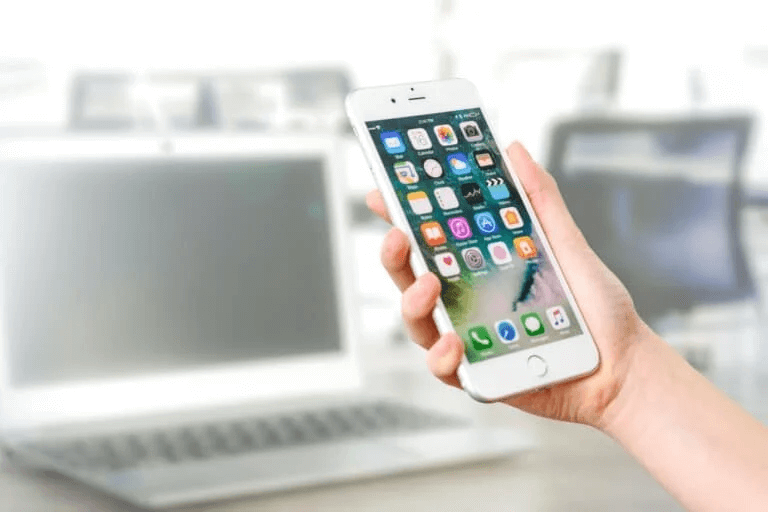
8. The power of games
Our smartphones now function as portable gaming consoles thanks to technological advancements. By eliminating PlayStations and 3D games, iOS has revolutionized the gaming industry. Apple Arcade could release games with PlayStation-style graphics thanks to Apple's integrated hardware and software. This is one of the key factors that makes the iPhone superior to Android.
9. Accessibility features
The iPhone offers special accessibility features that many users need. There are many visually impaired users, users with low vision, and users with less fine motor skills. These people generally love the many accessibility features on the iPhone. These features aren't offered by many Android phones, which is why the iPhone is considered superior to Android.
10. Accurate update
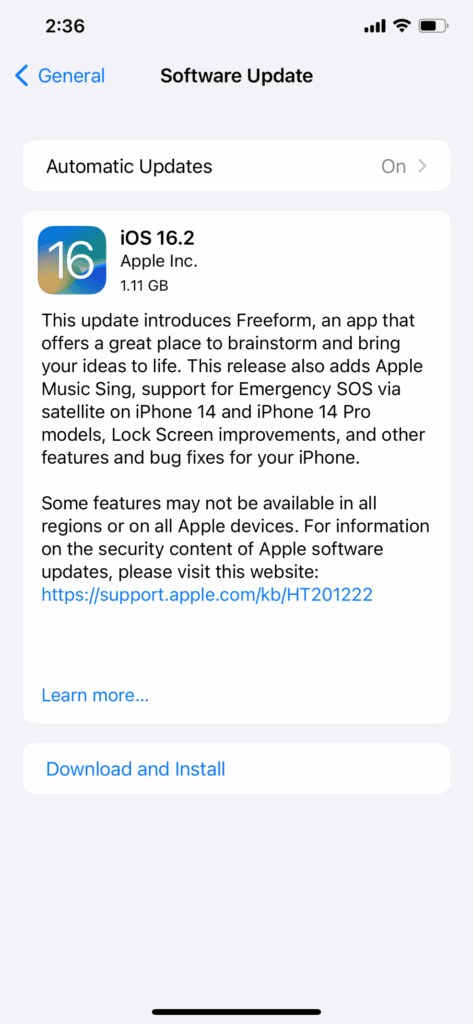
One thing iOS does better than Android is keep software up to date. If your iOS device is eligible for the latest update, it will be downloaded as soon as it's available. For older devices that struggle to handle more resource-intensive iOS versions, this may not be good news. However, that's a different story and something you should only worry about if you own a much older Apple device.
11. Superior customer support
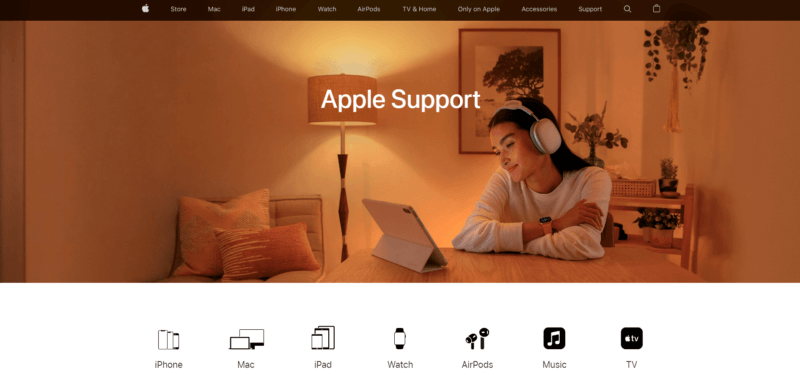
with regard toTechnical Customer Support Apple comes out on top, and that's one of the reasons why iPhones are better than Android. AppleCare is expensive, but filing a claim for an iOS device is a breeze. You can often leave an Apple Store with a brand-new device in less than an hour if one is nearby.
Whether you love them or hate them, Apple Store retail locations have a distinctive style that many other stores have tried to imitate. A large staff is available to help with any purchase or issue. Free classes are even available to teach people how to use Apple products.
While no brand is perfect, owning an iOS phone or tablet is a step ahead of the competition if a problem ever arises. You don't have to deal with carriers, search for individual customer service phone numbers, complete online forms, send faxes, or wait for a repair or replacement while waiting on hold to talk to a robot or send faxes. Simply visit your local Apple Store to experience Apple's renowned customer service.
12. No Bloatware
You won't find any bloatware preinstalled on your iPhone when you first turn it on, regardless of how or where you purchased it, or what model it was. This means there are no unauthorized power or date apps to sabotage the process from the start. However, some additional apps, such as Stocks and others, may come bundled, but you can easily remove them.
With so many phone manufacturers producing Android devices, this is one of the major problems with Android phones. In some situations, you may discover dozens or more apps that you don't actually need or want. The worst part is that most of this bloatware cannot be removed.
13.Apple CarPlay
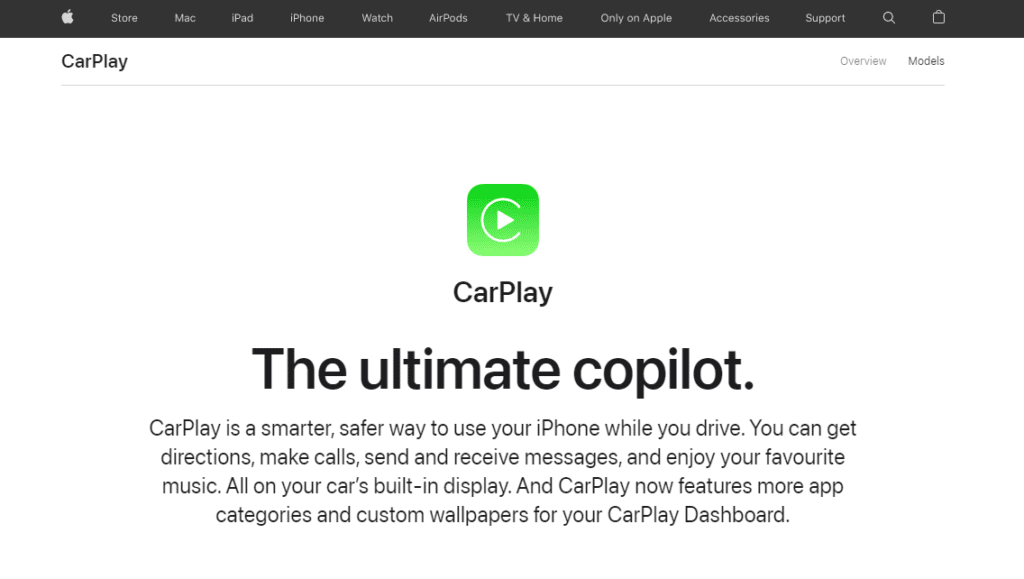
you can use C If you own an iPhone. Compared to Android Auto CarPlay has much more organized icons, and you can rearrange them to make accessing your favorite apps easier. The experience is more strategic, some things have been moved, and it works similarly to iOS on a phone or tablet. Additionally, Apple CarPlay is more efficient, easier to use, and has a better aesthetic thanks to Siri. This iPhone factor is one of the reasons why iPhone is better than Android.
14. Get the best app first
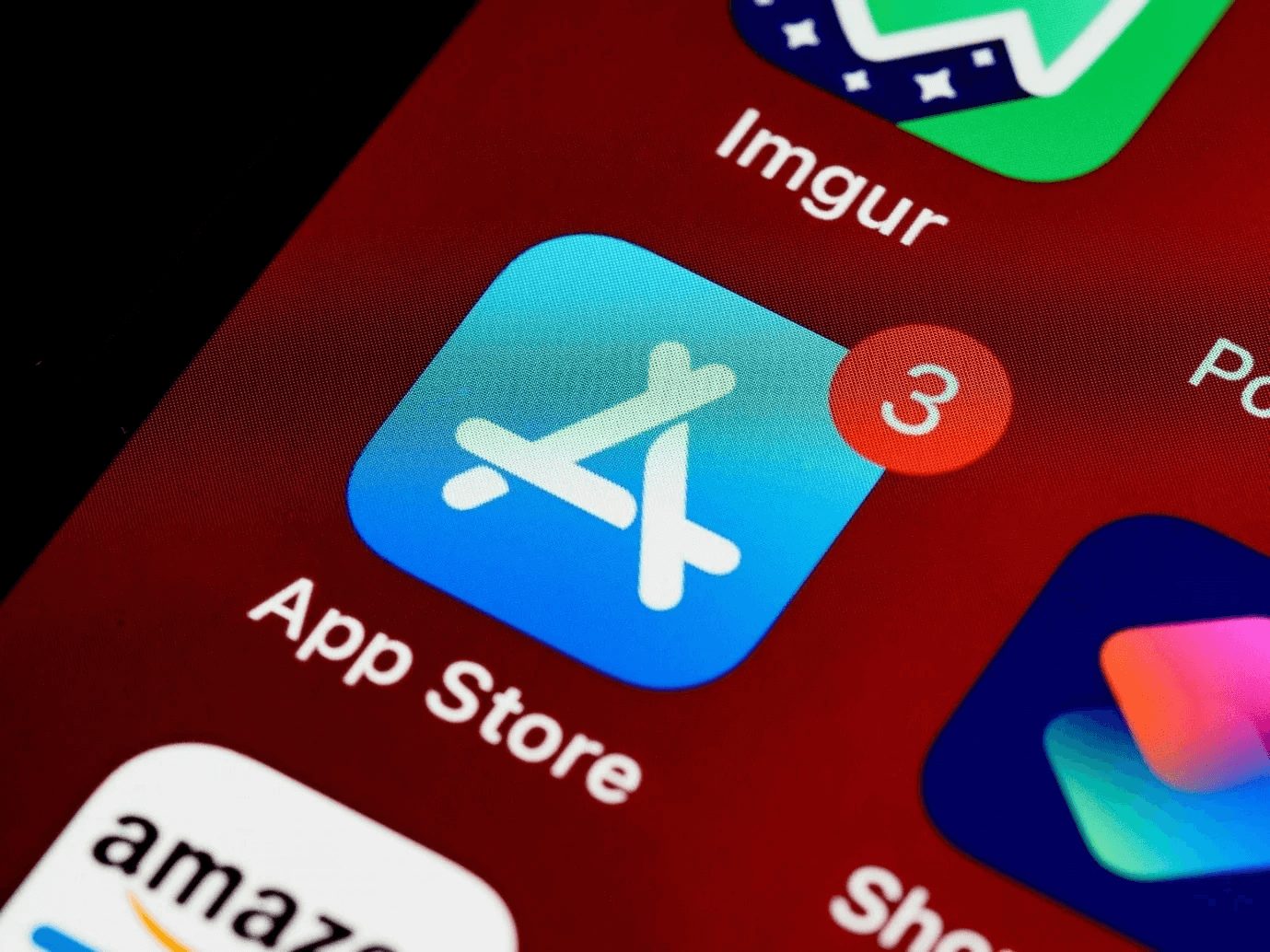
Some apps will likely never be released for Android phones. Because there are so many apps and so many unique phone features to consider during development, it's difficult for app developers to create games and apps for Android phones. This factor is another reason why iPhones are better than Android.
15. Resale value
Every time a new smartphone is released, people frequently upgrade their current models. Some people want to replace their old phones with newer ones. An iPhone will always have a higher resale value than an Android phone, regardless of age, which is why iPhones are considered better than Android phones. This is because iPhones are made of high-quality materials, which greatly contributes to their ability to retain their value over time. Because there is only one new manufacturer, better phones like Android phones are not released. Apple phones remain the flagship and latest models for a longer period of time.
16. Apple AirTags
Bluetooth trackers are another feature that iOS has mastered more brilliantly than Android. These small devices have tracking and location capabilities. You may have noticed that Samsung, Tile, and other companies are releasing remarkably similar Bluetooth trackers, but Apple has something none of its competitors can match. Wherever you go, Apple's network of devices has far greater coverage.
Apple AirTags integrate seamlessly with iOS as well. They're essentially a system feature and don't require any additional downloads or apps. They're quick and easy to set up, and all you have to do to activate them is tap your iPhone on them. The best part about AirTags is that they may cost a little more than the competition, and the difference isn't huge, but they're still a much better product nonetheless. This factor is another reason why iPhones are better than Android devices.
Which phone is easier to use, iPhone or Android?
Both iPhones and Android devices are incredibly easy to use. But which phone is easier to use, iPhone or Android? While many people believe Android is more customizable, Apple has recently overtaken it. iPhone users can customize the Control Center, widgets menu, and even the wallpaper. Although Android has been around longer, iPhones still offer more customization options without the need to jailbreak or root the device.
The operating system is where the main differences between these two phones lie. iPhones are easier to modify than Android phones, which are considered more customizable. When it comes to simple tasks like storing contact information, Apple's operating system is easier to use. Apple is the preferred platform for developers. Many apps use the Apple App Store as their launch platform and are released earlier than the Android Market.
So, you have an idea of which phone is more user-friendly: iPhone or Android. Now, read the section below to learn about the iPhone vs. Android camera.
iPhone vs. Android Camera Comparison
These are some factors to consider when choosing a device based on camera quality. Below is a comparison list of iPhone vs. Android cameras.
1. Camera and lenses
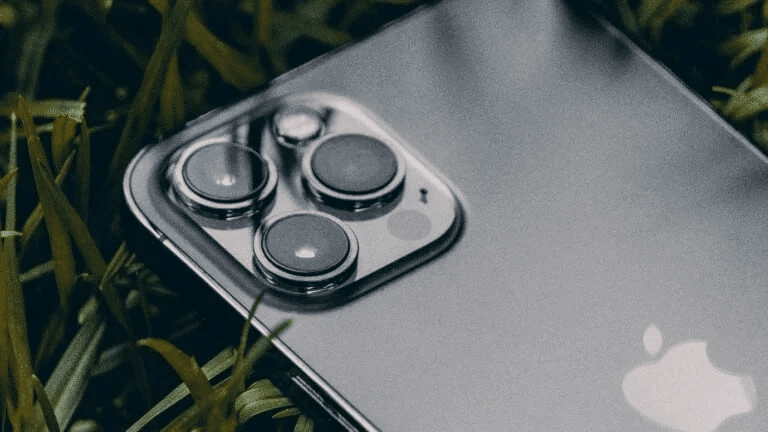
The latest iPhone Pro models feature a triple-lens setup, while the lower-cost standard iPhone models feature a dual-lens setup. This is another practical option for those on a budget.
When it comes to the number of cameras/lenses each includes, iPhones and Android devices are generally very reasonable and well-matched, but in general, Android is where you'll see most of the innovations or technological advancements.
For example, the Samsung S22 Ultra comes with four lenses, one of which offers 10x zoom. The Sony Xperia 1 II only has optical zoom in one lens, making it the only smartphone with this specific ability to zoom from one focal length to another.
2. Megapixels
Apple surpassed the 12-megapixel sensor threshold in its smartphones with the release of the iPhone 14 Pro. This is also one of the biggest factors to consider when comparing iPhone versus Android cameras. On the other hand, Android has had a number of smartphones with high-resolution sensors for some time.
For example, the Google Pixel 7 Pro has a 50-megapixel sensor, while the Samsung S22 Ultra has a 108-megapixel sensor. Additionally, there have been reports of Android phones with over 200 megapixels in development.
Although super-resolution isn't necessary for everyday photography, it does have some benefits. Pixel binning, for example, where pixels are combined, can be useful in low light. It can be used for cropping or digital zooming without sacrificing resolution.
Now that it's on display, it seems likely that Apple will use higher-resolution sensors; however, if variety is what it's after now, the larger Android market is undoubtedly more diverse.
3. Raw file support
You can see smartphones with raw imaging capabilities on both Android and iOS. There are many terms used in the Android market, and Apple calls it ProRAW.
They all shoot in the popular DNG format, which enables a wide range of devices to read the raw files without the need for specialized or updated software.
4. Video
Highlighting the key specifications of both Android and iOS models is a video. While this may be largely irrelevant to some people, it's an important consideration for others when making a purchase. This factor is one of the most important when comparing the iPhone camera versus Android.
You can record 4K video, choose slow motion, and use Apple's ProRes video recording format if you choose iOS and one of the latest iPhone Pro models. These features are useful for advanced users. It's important to note that to take full advantage of these features, you'll need an iPhone with at least 256GB of storage.
However, 4K video recording is a standard feature on most Android models. Some models, including the Samsung S22 Ultra, support recording at the higher 8K resolution if you prefer. Many Android models also offer some kind of "professional" movie recording feature.
If video recording is a top priority for you, it's worth doing thorough research on the model you're considering to ensure it has everything you need.
5. Manual mode
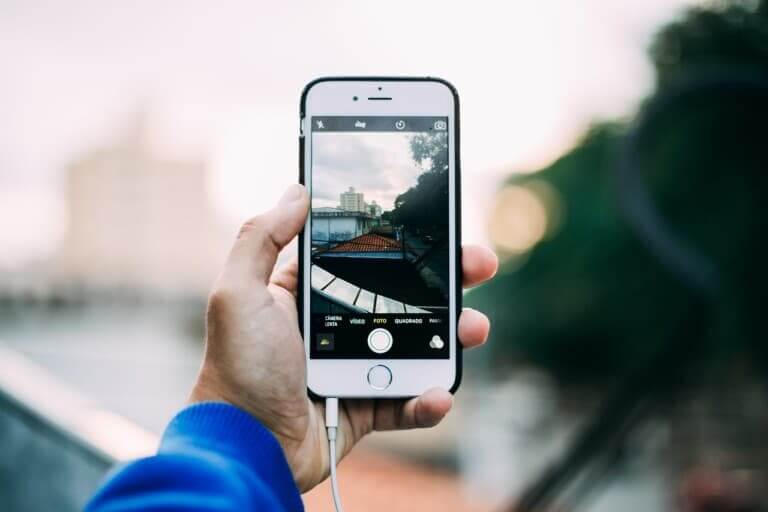
However, it's important to keep in mind that not all Android devices offer this feature. A simple implementation similar to the iPhone series, for example, is used by the Google Pixel smartphone line. Instead, check phones from Samsung, Oppo, Sony, Honor, Xiaomi, or OnePlus and confirm the availability of this mode by reading the specifications (and reviews) of the particular phone you're looking at.
6. Special shooting modes
Both iOS and Android have dedicated shooting modes designed to help and make taking photos easier under certain conditions.
Nowadays, almost all smartphones come with a portrait mode, and most also have a night mode for shooting in low light. As such, iOS and Android are excellent partners in this regard.
These days, many Android models, including the Samsung S22 Ultra and Google Pixel 7 Pro, feature macro focus modes that allow you to focus on close-up subjects. The latest iPhones are no exception.
However, it's fair to say that while iOS offers portrait, night, and macro modes, there aren't many special or unusual features. In contrast, some Android phones allow you to play around with add-ons right within the built-in camera app. For the Pixel 7, there are unique motion modes that make it easier to capture moving shots or create slow-motion effects, for example.
Therefore, it's worth taking a look at the device's specifications and the native camera app to see if it has any special modes that interest you. Thus, this is a brief comparison between the iPhone and Android cameras.
Choosing between an iPhone and an Android phone can be difficult. For some users, both platforms offer great options. Security features may be more important to some customers than battery life or mobile gaming. Before choosing the phone that best suits your needs, comparing why an iPhone is better than an Android phone can help you determine which features are most important to you. We also hope this iPhone vs. Android camera comparison will help you understand the difference between the two.

